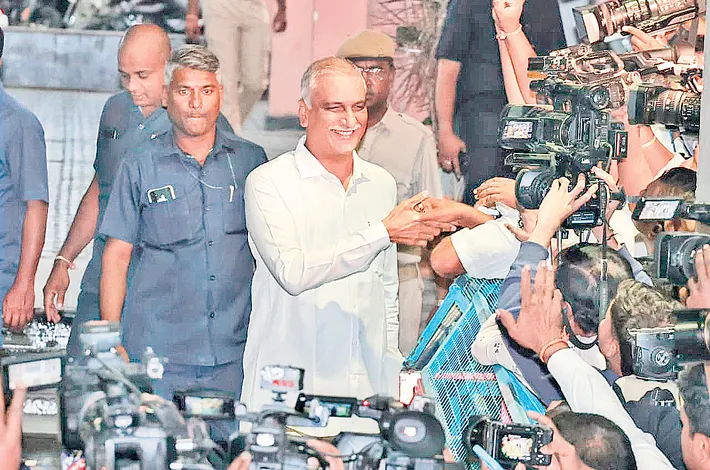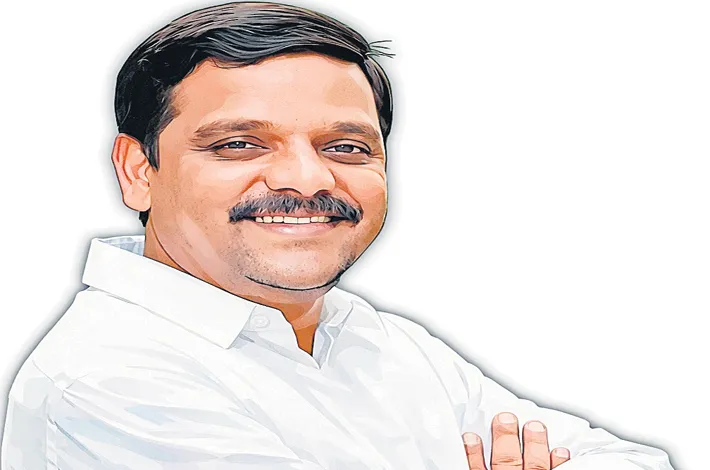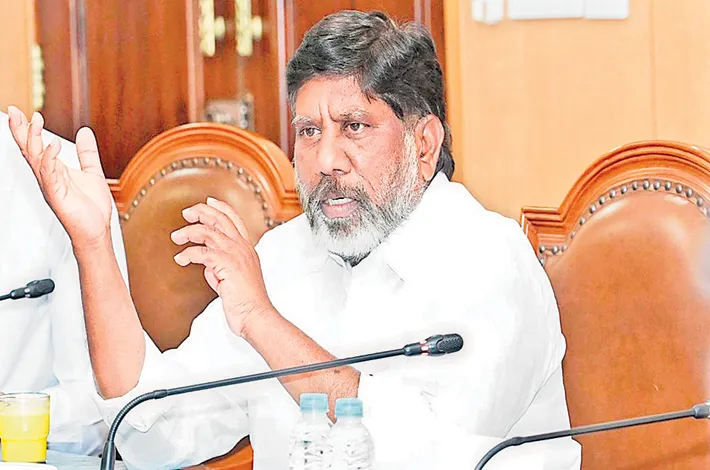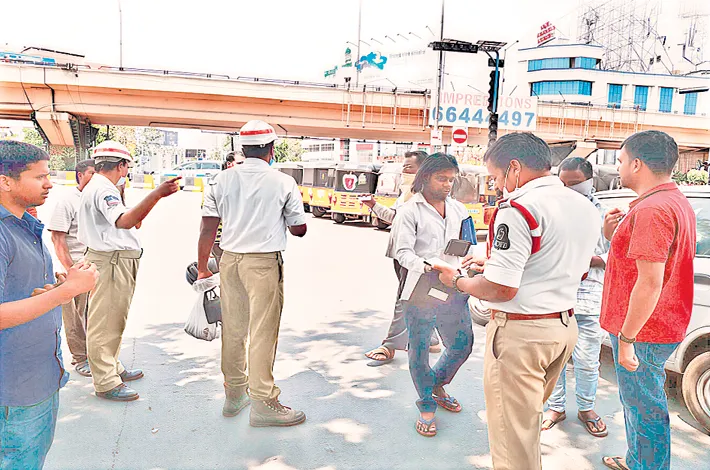Tamil Nadu govt alleges discrimination as Centre rejects metro projects
25-11-2025 12:00:00 AM
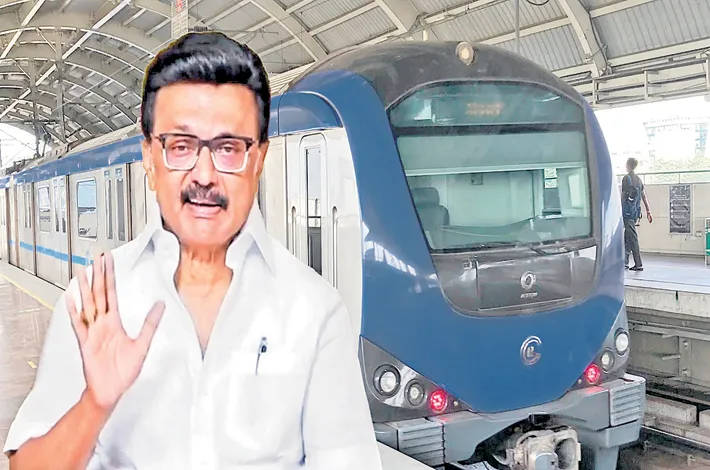
What began as a routine visit by Prime Minister Narendra Modi to Tamil Nadu for a natural farming summit turned into a full-blown political confrontation on Saturday after Chief Minister M.K. Stalin boycotted both the airport reception and the event itself. In a blistering attack, Stalin accused the Union government of “punishing” Tamil Nadu for rejecting the BJP in successive elections and cited the rejection of metro rail projects for Coimbatore and Madurai as proof of “vindictive politics”.
The ministry cited non-compliance with the National Metro Rail Policy 2017, particularly the mandatory population threshold of 20 lakh (as per the 2011 Census) and serious concerns over inflated ridership projections, financial viability, and technical feasibility. According to the 2011 Census – the last official count – Madurai’s population stood at 15.01 lakh and Coimbatore’s urban agglomeration at 15.84 lakh (later revised marginally upward but still below the cut-off).
Stalin cites “discrimination”
The DMK has pointed to recent approvals in BJP-ruled or ally-ruled states as evidence of bias. Patna Metro (inaugurated by PM Modi ahead of the Bihar elections) serves a city whose 2011 population was only 16.84 lakh. Indore in Madhya Pradesh, with 19.64 lakh in 2011, also received the green light this year and now boasts Madhya Pradesh’s first metro. “Rules seem flexible when the state votes for the BJP,” a senior DMK leader charged, adding that the Centre had ignored current population estimates that comfortably place both Tamil Nadu cities above 22 lakh.
Centre cites rules, debt burden and track record
Defending the decision, A BJP spokesperson argued that “rules are rules” and population is a non-negotiable criterion. She further pointed out that Tamil Nadu’s debt-to-GSDP ratio – officially around 35% but allegedly closer to 47% when off-budget borrowings are included – makes large-ticket infrastructure projects risky. “The state is borrowing Rs 65,000 crore every quarter just to stay afloat,” she claimed, warning that without RBI support, salary payments could again be delayed as they were last year.
BJP leaders also highlighted multiple ongoing projects in Tamil Nadu – the new integrated terminal at Chennai airport, modernisation of NH-32 and NH-44, the multi-modal logistics park at Mappedu, and the Chennai-Egmore station redevelopment – as evidence that the state is not being singled out.
Key issues highlighted include- Over 80 per cent of the proposed alignment falling on roads narrower than the mandatory 22 metres, heavy dependence on private land acquisition in densely built areas, making the three-year completion timeline claimed in the DPR unrealistic and ridership and cost projections “far beyond actuals”.
Experts weighed in on the technical aspects, emphasizing that metro rail should not be treated as a prestige project. Several planners suggested that Coimbatore and Madurai could explore alternative mass-transit systems such as Bus Rapid Transit (BRTS), light rail, metro-lite, or enhanced suburban rail networks — solutions that have succeeded globally in mid-sized cities and would be more cost-effective.
One planner noted that no Indian city was originally designed for metro but yet we have successfully built them. They opined that technical solutions exist, but the decision must be driven by realistic ridership data and a comprehensive mobility plan rather than political one-upmanship.
Opposition unity and 2026 calculations
Congress and other opposition parties rallied behind Stalin, with spokespersons questioning why the Centre could not proactively ask Tamil Nadu to update its DPR with current population data or explore alternative mass rapid transit systems instead of a blanket rejection. Political analysts see the episode as an early skirmish ahead of the 2026 assembly election, with the DMK keen to consolidate its “Tamil pride” narrative and the BJP attempting to expand its footprint in a state where it has never won a Lok Sabha seat on its own.





